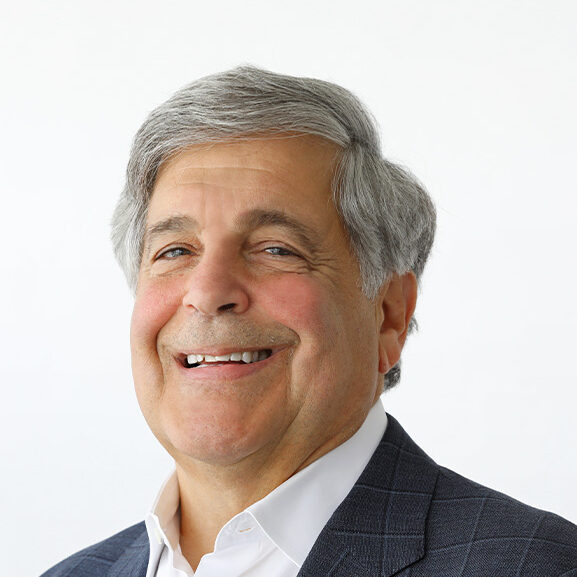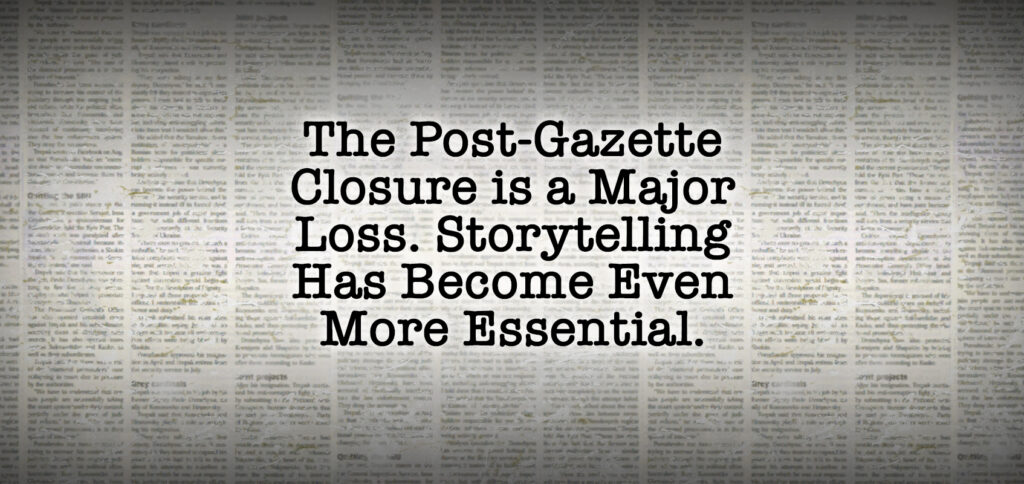
Larry Ceisler Weighs in on Pennsylvania Democratic Primary Races
PHILADELPHIA
AG: How might President Donald Trump’s early policies and actions affect voter engagement and candidate positioning in the upcoming primaries in Philadelphia?
LC: You’re likely to see a more intense, but quieter opposition to Trump. A good example is the recent off-year, special election in Lancaster where Democrats flipped a Trump +15 district in the Pennsylvania Senate. I thought that Lancaster result was just stunning.
Democrats are hoping for a replay of the 2017 off-year election, where they did very very well.
These municipal off-year elections are somewhat like canaries in the coal mines. And it’s not just the Democrats. It’s also Independents and obviously some Republicans who realize that marching and taking to the streets only gets you so far.
AG: Let’s talk about another key election in Philadelphia. Given the diverse endorsements in the district attorney race, with some unions backing democratic challenger Pat Dugan and others like AFL-CIO opting out, how do you see this impacting the election in a typically low-turnout cycle.
LC: In this kind of election, endorsements don’t play a significant role, but can have some impact, particularly when a challenger gets any endorsements at all. It means that defined organizations aren’t afraid to be on the record opposing an incumbent. However, don’t expect these unions to put substantial resources into the race, or even drive turnout if members don’t live in the city.
AG: How do voter perceptions of the incumbent DA Larry Krasner’s crime and justice reforms, particularly around retail theft, influence the election outcome?
LC: It’s a referendum on Krasner’s criminal justice reform policies and the city’s feeling about public safety, as the two candidates aren’t very far apart on the issues. I think Krasner’s best break came with the election of Mayor Cherelle Parker because she’s brought the temperature down on public safety. She’s apparently staying neutral in this race, which is unusual for a sitting mayor not to endorse the incumbent. The decreasing homicide rate, although not directly attributable to Krasner, plays in his favor. But what’s working against him is retail theft, because people can see the effects when they walk into Wawa, into CVS. So now he’s tweaking his retail theft policy.
PITTSBURGH
AG: Shifting to the other side of the state in Pittsburgh’s democratic mayoral primary, how are incumbent Mayor Ed Gainey’s and challenger Allegheny County Controller Corey O’Connor’s strategies unfolding?
LC: Gainey’s had a lot of challenges and knows he’s in a real race so he’s trying to nationalize the race. If you were an incumbent mayor that could point to a lot of good things happening during your tenure, that’s what you would do. O’Connor has a great name – country controller, city councilmember, son of a mayor – and he’s a progressive in a progressive city.
AG: Considering their differing approaches, what specific voter groups are Gainey and O’Connor targeting in Pittsburgh, and how might this focus influence the election results?
LC: O’Connor’s greatest strength is his family name is well known and he’s an extremely personable person. Gainey just hasn’t done what an incumbent mayor is supposed to do and that really comes down to fundraising. He wants to bring people out to say that a vote for Gainey is a vote against Trump, and O’Connor is just running a traditional campaign saying, “clean the streets, safe streets.”
It’s still a turnout election.

Larry Ceisler is founder of Ceisler Media & Issue Advocacy



